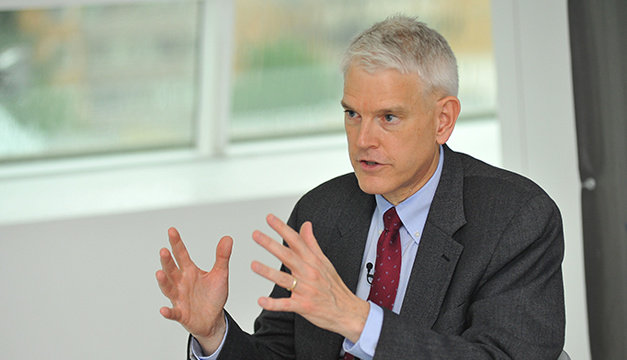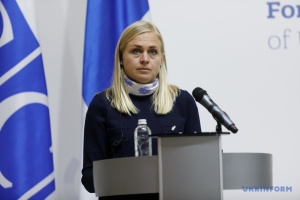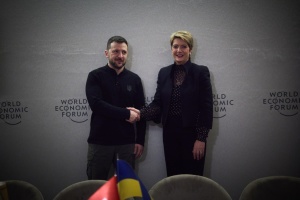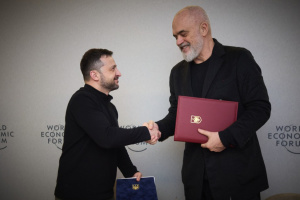
Pifer names obstacles to Ukraine's membership in NATO
Former U.S. Ambassador to Ukraine Steven Pifer named such obstacles to Ukraine's Euro-Atlantic integration in his article posted on the website of the Brookings Institution.
"Ukraine still has much to do to meet the criteria for NATO membership. MAPs [membership action plans] are intended to serve as guides for prospective members to fulfill those criteria. Objectively, Ukraine is as far along as countries that received MAPs in 1999," the expert, who currently serves as a senior fellow at the Brookings Institution, said.
According to him, what has blocked Ukraine's MAP ambition is Russia and "the deference that some NATO members give to Moscow's views."
Another reason for the alliance's reluctance to grant a MAP is that MAPs do not convey an Article 5 security guarantee. "Article 5, the heart of the NATO treaty, provides that an attack against one member will be considered as an attack against all," he wrote.
According to the expert, "NATO lacks a good response to the question: What does the alliance do if an aspirant receives a MAP and then - before it becomes a full member - comes under attack?"
In addition, the Kremlin clearly wants to return Ukraine to Russia's orbit, though its actions over the past five years have had the opposite effect. If it fails to do so, Plan B apparently is to break it.
"That would explain Russia's hybrid war and economic sanctions against Kyiv as well as continued fueling of the fighting in Donbas," Pifer said. According to him, Moscow aims "to pressure, distract, and destabilize the Ukrainian government in order to hinder its efforts to adopt a full set of reforms that would spur economic growth."
In addition, Russia is trying "to frustrate Ukraine's ability to implement the provisions of the Ukraine-EU association agreement; and to make Ukraine appear an unattractive partner for the West," Pifer wrote.
op





